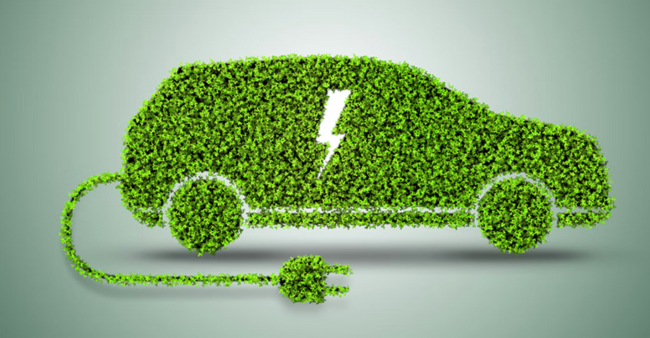NEW DELHI
India’s states are aggressively pursuing the country’s strategic shift towards electric mobility and playing a key role in reducing its dependence on import of crude oil by offering competitive incentives for vehicle buyers and manufacturers. Several states like Delhi, Haryana, Maharashtra, Uttar Pradesh, Tamil Nadu, Andhra Pradesh and Telangana are implementing policies for promoting electric mobility, according to ASSOCHAM-NRI Consulting & Solutions joint report.
According to the report, with a staggering 87 per cent of oil being imported and an import bill of approximately USD 158.4 billion keeping the exchequer stretched, in FY ‘23, the transportation sector alone consumes 40 per cent of this imported oil. “The current geo-political situation in different parts of the world only makes a stronger case for India to speed up our electric mobility,” says ASSOCHAM Secretary General Deepak Sood. While the Centre is vigorously promoting adoption of electric vehicles to accelerate the transition to green mobility and achieve India’s net-zero target by 2070, different states are following pro-active roles for EV promotion. ‘’The state EV policies are largely aligned with central policies targeting demand inside incentives and infrastructure improvements for EV adoption,’‘ the ASSOCHAM- NRI Consulting & Solutions report pointed out.
Maharashtra’s EV policy aims to achieve at least 10% EVs by 2025 with 25 per cent electrification of public transport. The state is providing strong demand promotion fiscal incentives even as it actively aims to invite players to set up Gigafactory for battery production coupled with various incentives under the industrial policy. Maharashtra also provides capital subsidies for equipment purchases up to 50% for fast charging.
The Uttar Pradesh Government has set ambitious targets for adopting electric vehicles. The state aims to have 1 million EVs on the road by 2024 and to transition 100 per cent of public transportation to EVs by 2030. It has formulated Comprehensive Electric Mobility Plan (CEMP) to guide the transition to EVs and invest in charging infrastructure. The government is also offering incentives to encourage the purchase of EVs, such as tax breaks and subsidies and has allocated an investment target of INR. 300 billion
Tamil Nadu EV policy targets investments for EV OEM, component and battery manufacturers with capital and operational subsidies depending on size investment. The state targets installing 500,000 public charging stations (PCS) across cities, highways, and public parking areas. Andhra Pradesh (AP) is aiming to electrify commercial and logistics fleets in the top 4 cities by 2024 and all cities by 2030.
In terms of demand incentive, it provides a 100 per cent road tax exemption. Its policy focuses on supply-side incentives including components and the development of clusters. It provides a 25 per cent capital subsidy on fixed capital investments (FCI), fixed power tariff reimbursements, and skill development incentives.
Haryana’s EV policy aims to make the state a global hub for electric mobility development and manufacturing of EVs. The state is providing subsidies up to 30 per cent of subsidy on-road price of EVs as reimbursement directly to the buyer, along with exemption on registration, including incentives even for electric tractors. For charging infra developments, there is a 25 per cent capital subsidy, land in major cities, and aims for standard creation in charging. Telangana EV and energy storage policy aims to attract investments worth USD 4.4 billion in the EV sector by 2030 and to create 120,000 jobs in the sector. To support these goals, the state government has set up an innovation fund to support the development of new EV technologies and has exempted electric vehicles from road tax and registration fees. It is also investing in the development of charging infrastructure for electric vehicles, with plans to set up charging stations every 50 km on highways.

